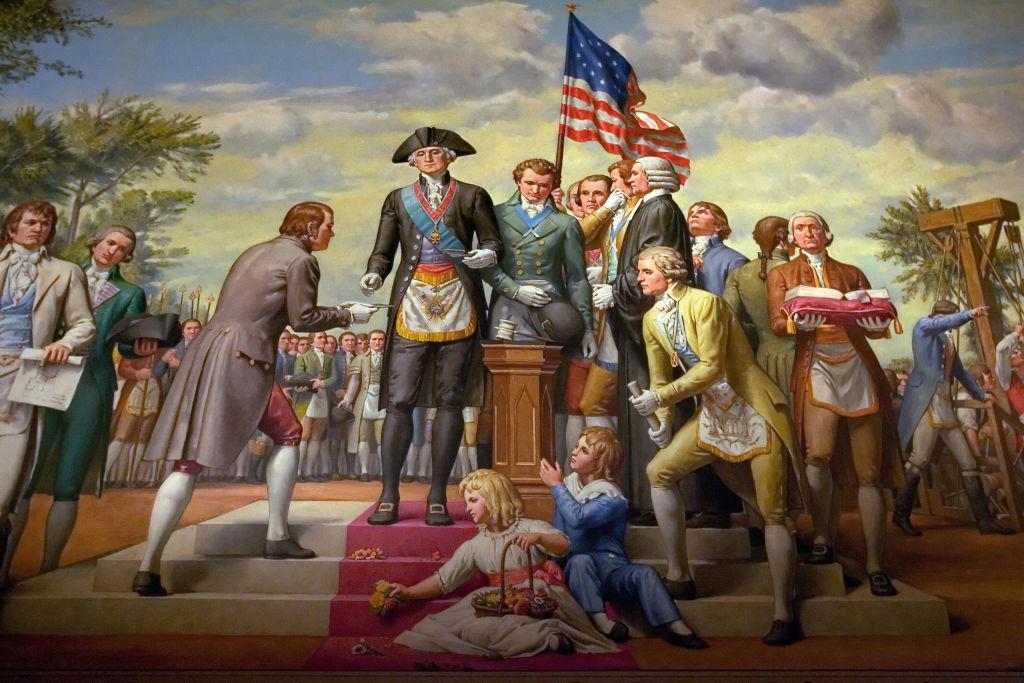When Michael Bellesiles’s book “Arming America: The Origins of a National Gun Culture” came out in 2000, it was widely praised as groundbreaking and a corrective to how Americans viewed the Second Amendment. Bellesiles’s career was launched to critical acclaim and was awarded the Bancroft Prize, the prestigious prize awarded for works on American history.
But soon, the prize was retracted and the historian’s career cratered after his work proved groundbreaking for the sole reason that it was based on falsified information.






